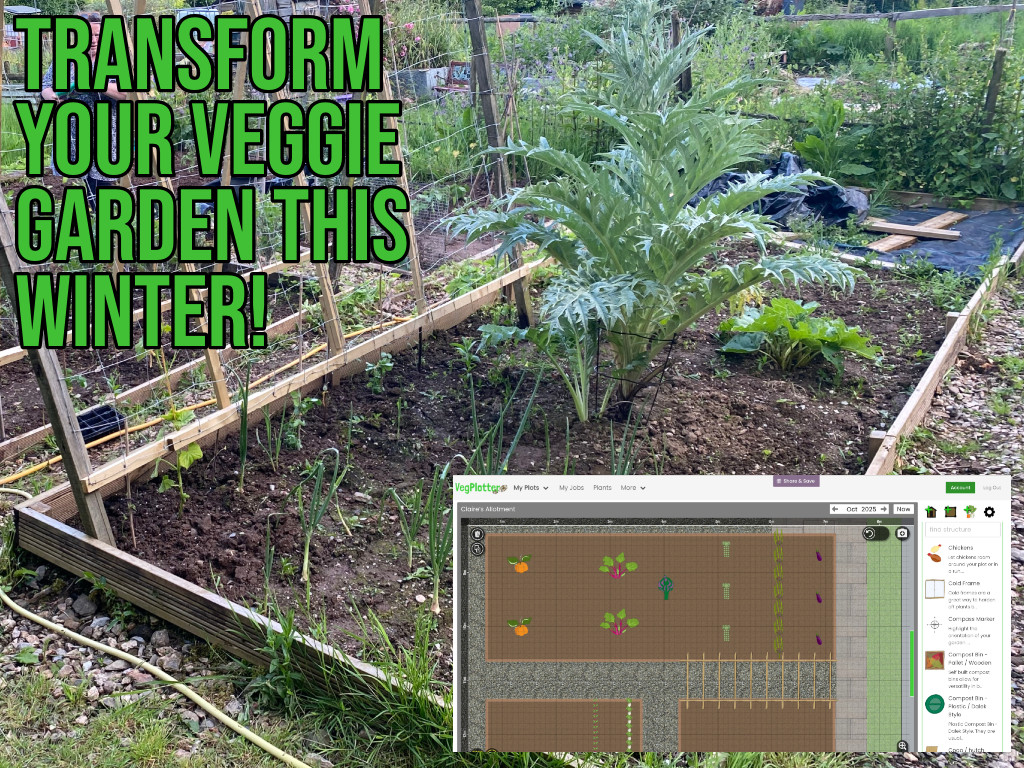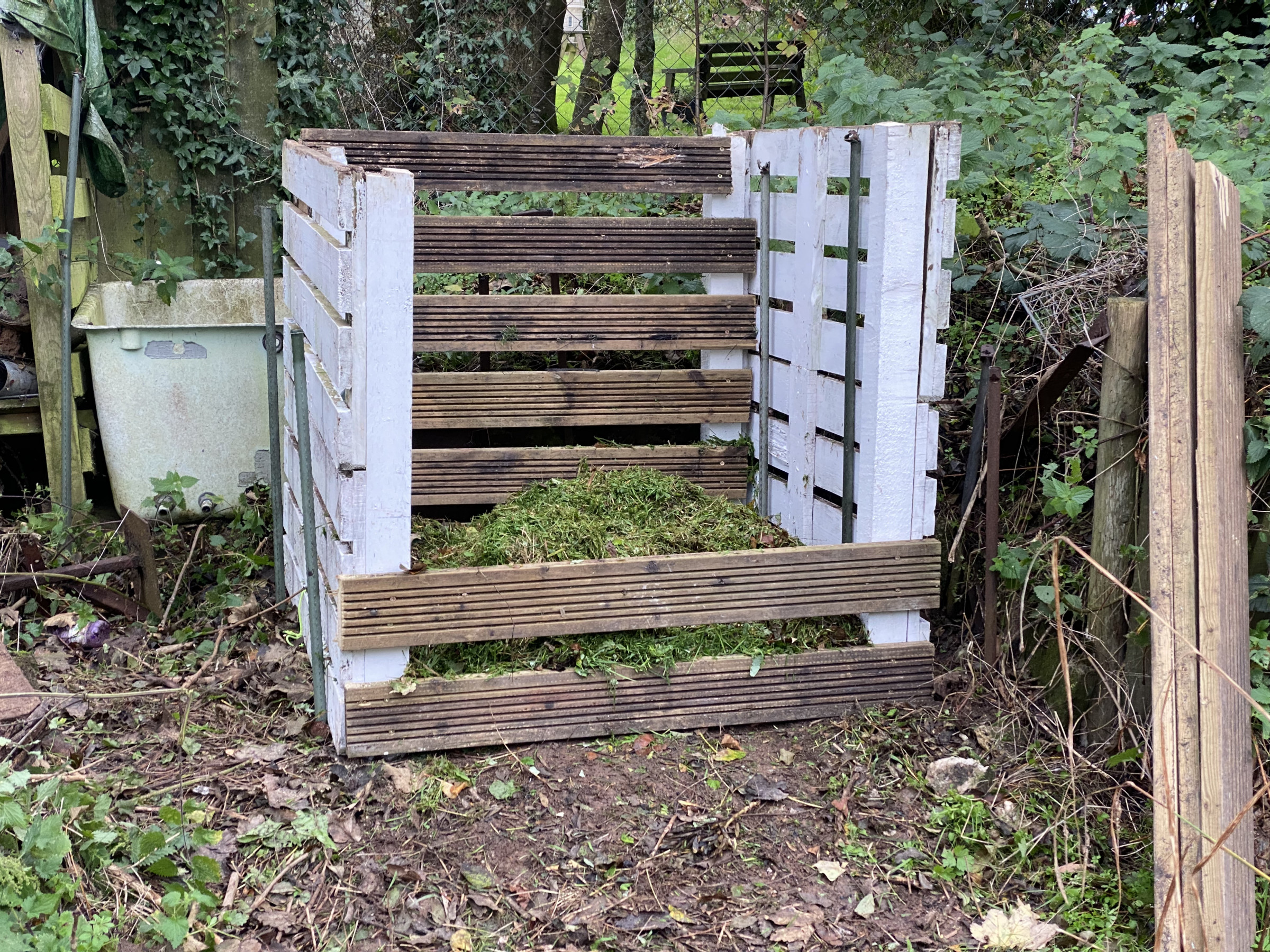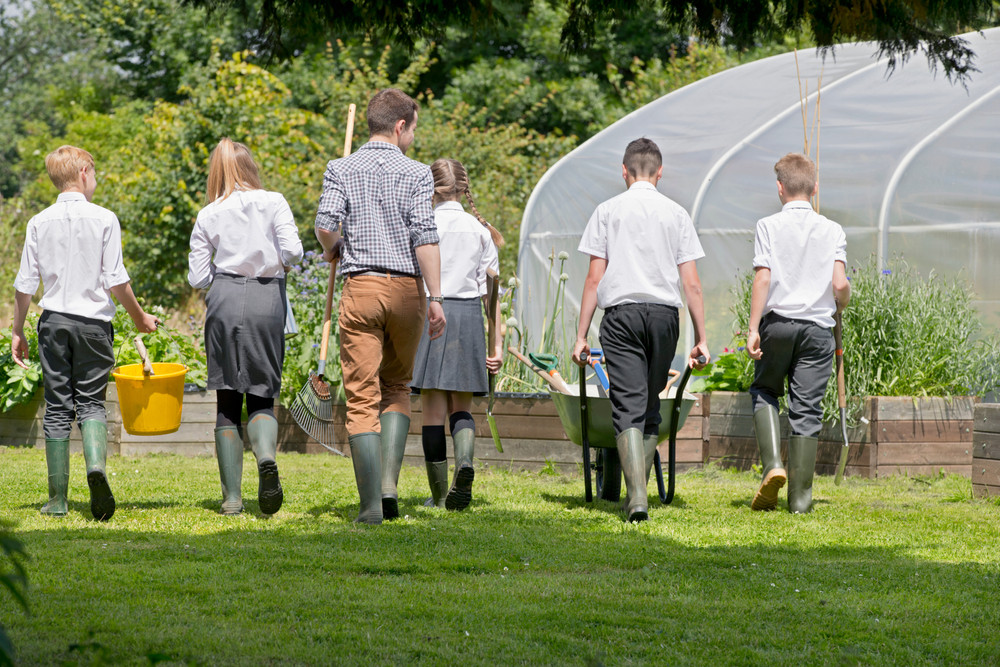Embracing Winter Wildlife on Your Allotment
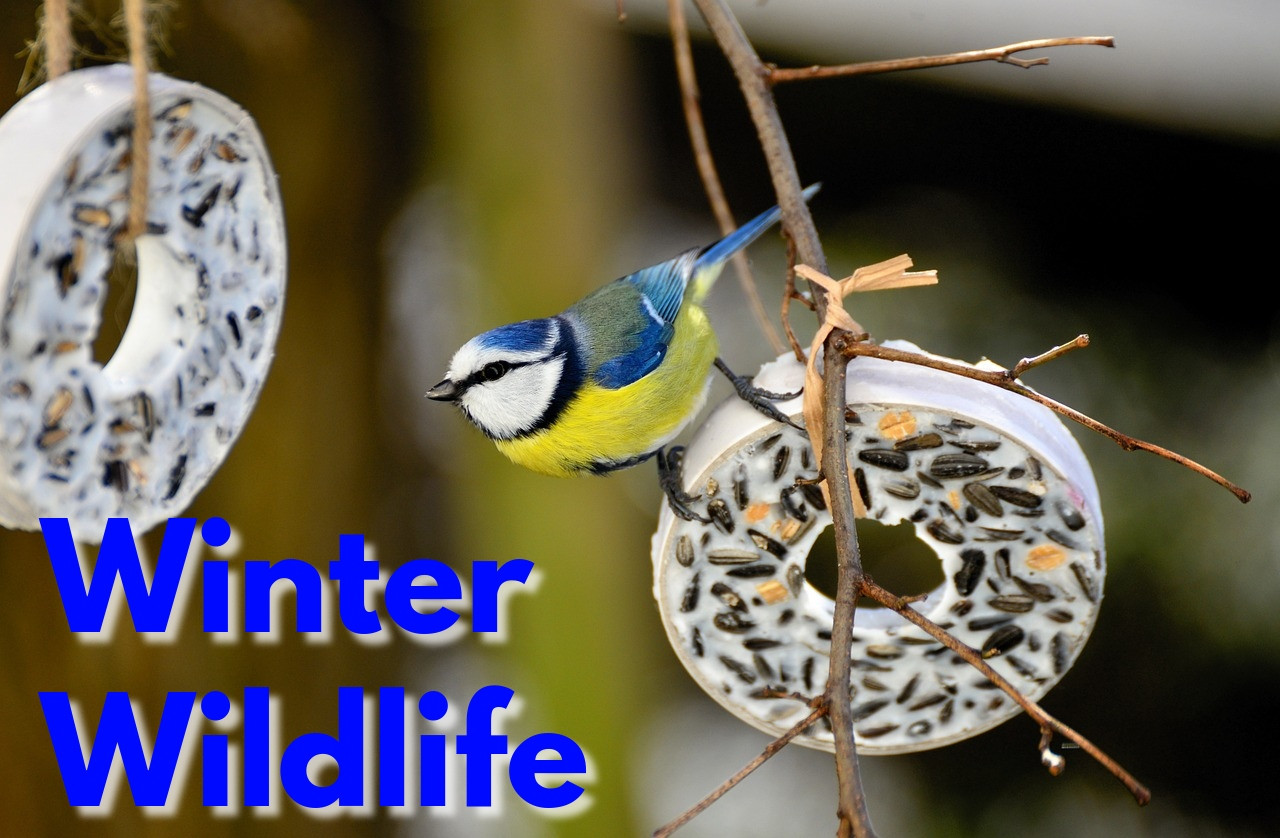
Embracing Winter Wildlife on Your Allotment: A Bounty of Benefits
Winter may seem like a time when nature retreats into hibernation, but for allotment enthusiasts, it's an opportunity to foster a haven for wildlife. As temperatures drop and gardens become dormant, your allotment can play a crucial role in supporting and nourishing local fauna. Let's explore the myriad benefits of looking after wildlife on your allotment during the winter months.
1. Biodiversity Boost:
Winter can be a challenging time for many creatures, as food sources dwindle and natural habitats become less hospitable. By maintaining your allotment with wildlife in mind, you provide a vital lifeline for insects, birds, and other small animals. The diversity of plant life and the presence of nooks and crannies offer shelter, ensuring a thriving ecosystem on your plot.
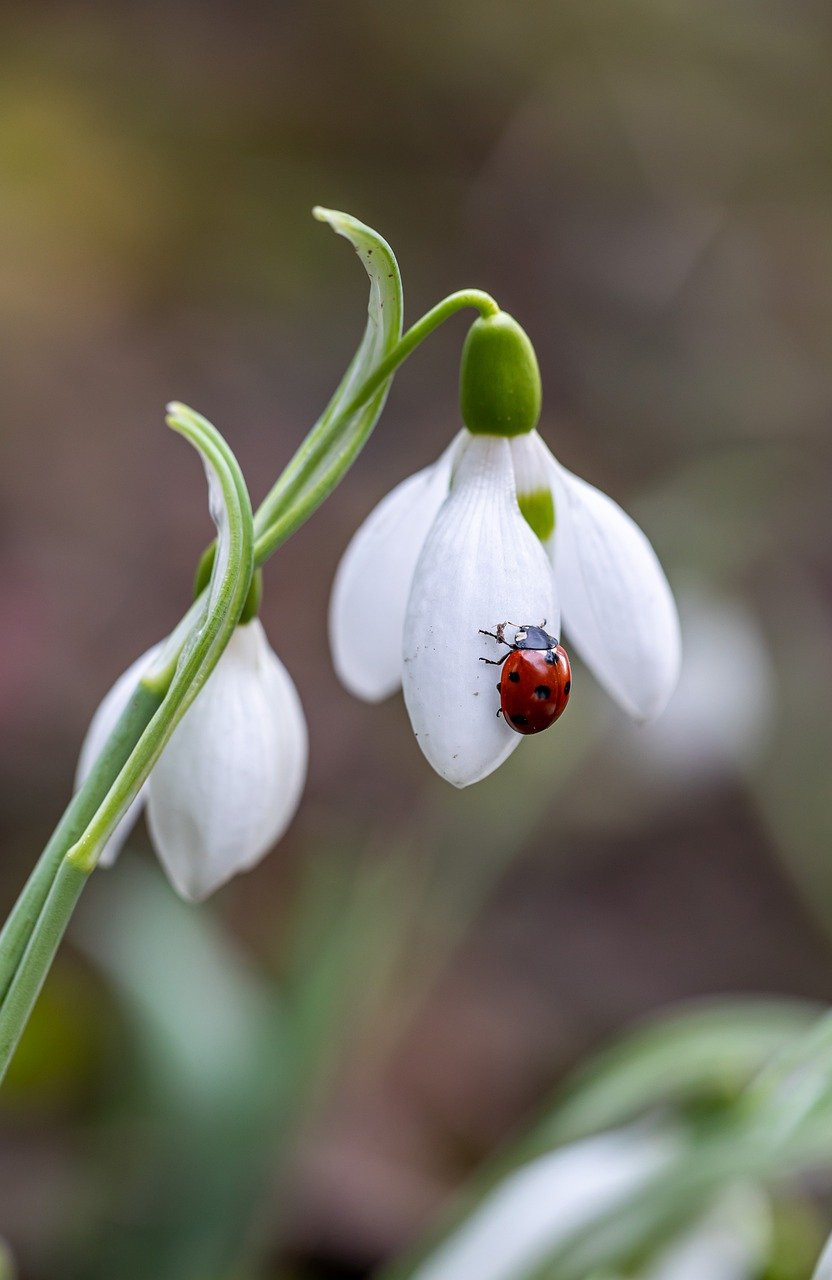
Tip: Plant winter-friendly flowers like heather, snowdrops, and hellebores to attract pollinators.
2. Pest Control Partners:
Many gardeners are familiar with the struggle against pests that can wreak havoc on crops. Embracing winter wildlife on your allotment means recruiting natural allies for pest control. Birds like robins, sparrows, and tits are voracious insect-eaters, helping to keep unwanted critters at bay.
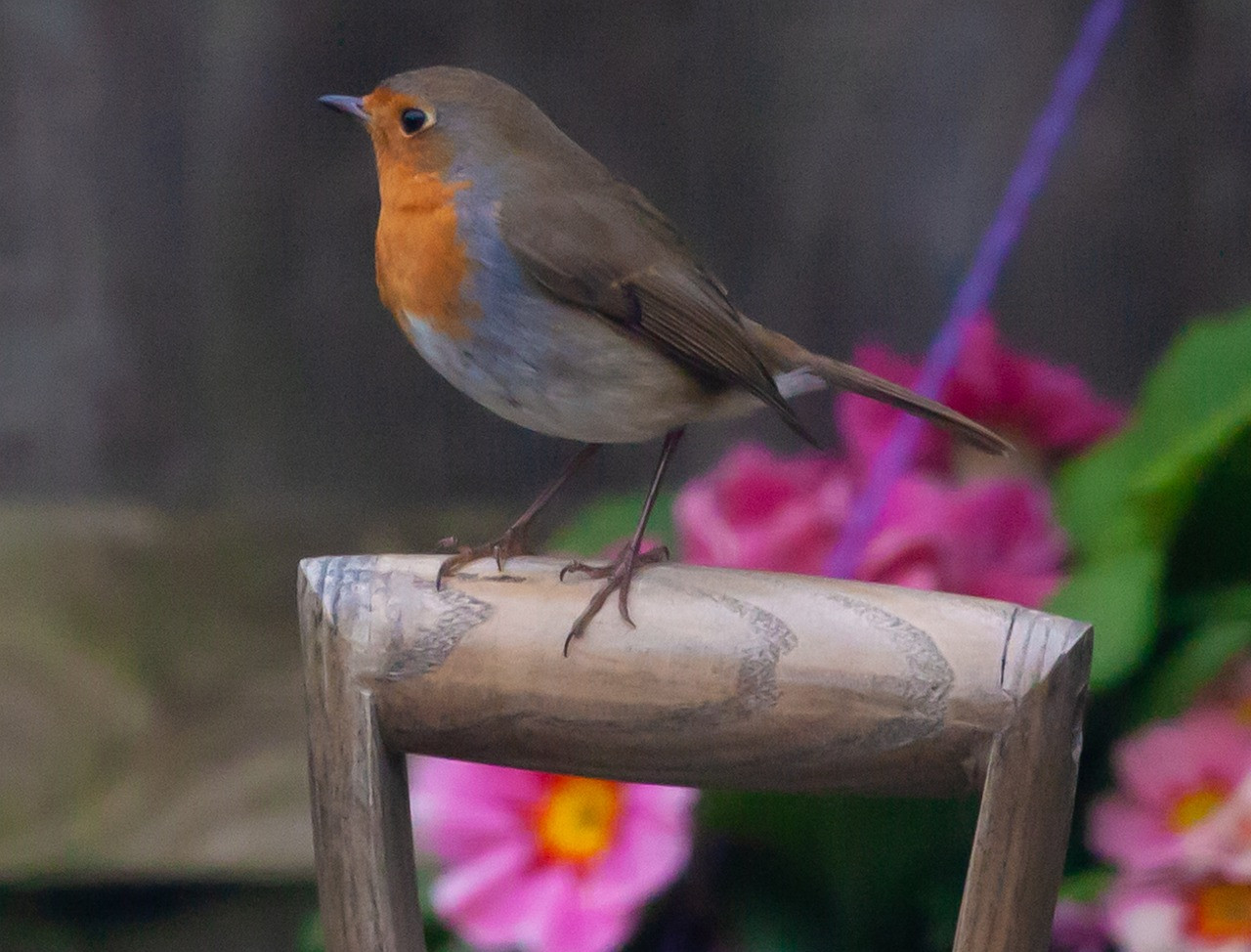
Tip: Install bird feeders and nest boxes to encourage avian visitors throughout the winter.
3. Nutrient Cycling:
Wildlife, especially decomposers like beetles and earthworms, play a crucial role in nutrient cycling. As they break down organic matter, they contribute to the health of your soil. In winter, fallen leaves and plant debris provide sustenance for these helpful creatures, ensuring a well-balanced and fertile allotment come spring.
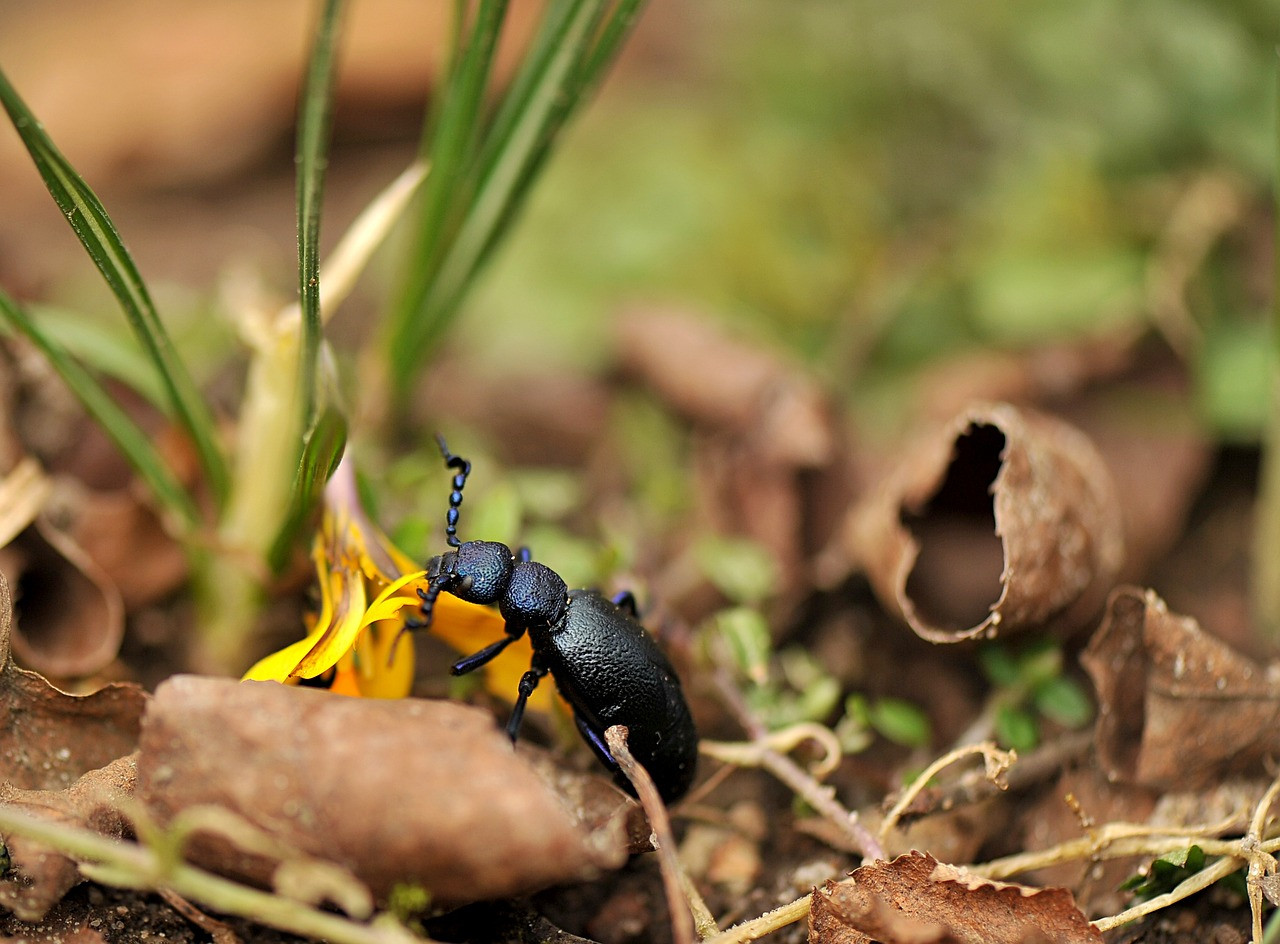
Tip: Leave a portion of your allotment undisturbed to serve as a wildlife-friendly composting area.
4. Educational Opportunities:
An allotment teeming with wildlife offers a unique educational experience. It provides an opportunity for children and adults alike to observe the intricacies of nature, fostering an understanding and appreciation for the environment. Winter, with its quieter ambience, allows for more contemplative moments of observation.

Tip: Consider organising nature walks or workshops to share knowledge about winter wildlife on your allotment.
5. Mental Well-being:
The benefits of tending to wildlife on your allotment extend beyond the ecological realm. Spending time outdoors, observing the beauty of winter birds and the subtle activities of insects, has a positive impact on mental well-being. The connection with nature and the satisfaction of contributing to a thriving ecosystem can be immensely rewarding.
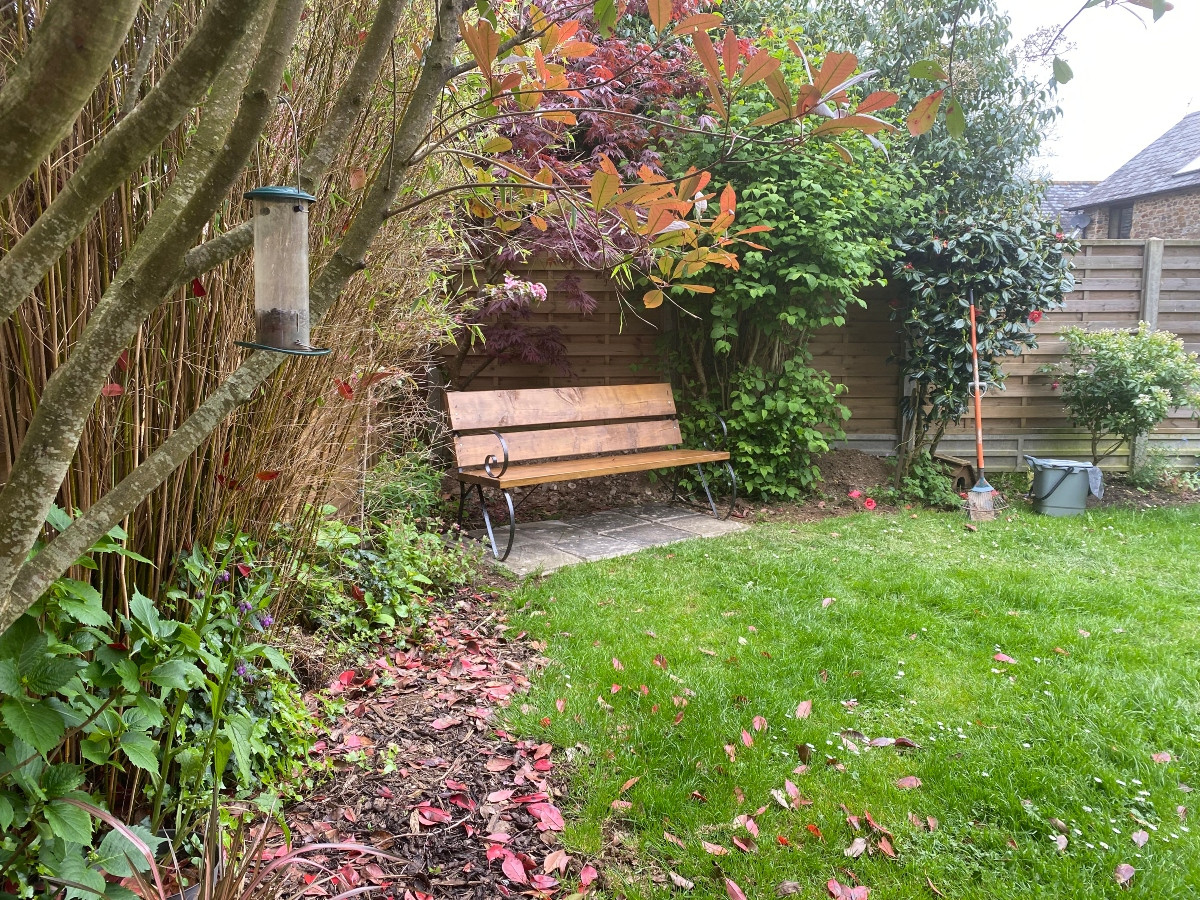
Tip: Create a cosy corner on your allotment with a bench or seating area to relax and enjoy the winter ambience.
Conclusion: A Winter Wonderland for Wildlife
Winter on your allotment is not a barren season but a time of opportunity. By embracing and caring for wildlife, you contribute to a vibrant, resilient ecosystem that will pay dividends in the seasons to come. The benefits extend beyond your allotment, creating a network of interconnected habitats that support biodiversity and enrich the natural world.
So, this winter, bundle up, grab your gardening tools, and let your allotment become a haven for wildlife—a sanctuary where nature's delicate dance continues, even in the chilliest months.

